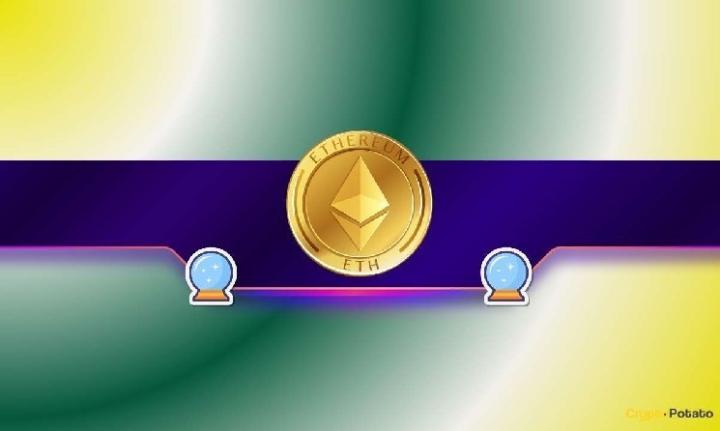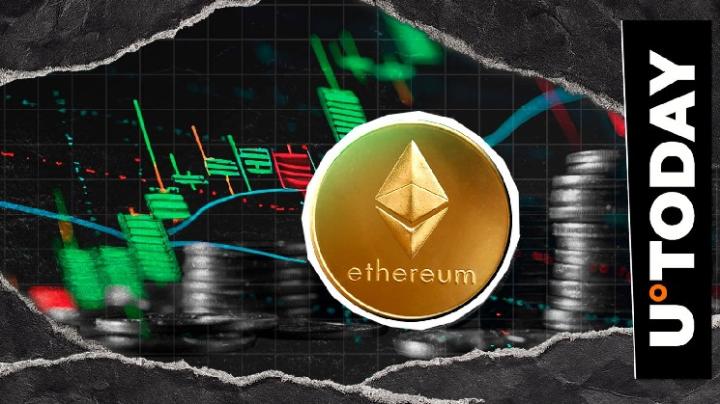On September 4th, the Nepali government imposed an internet blackout, instantly shutting down 26 platforms, including Facebook, Instagram, WhatsApp, YouTube, and X. The original intention was to curb anti-corruption protests sparked by Generation Z, but it instead fueled street anger. Within days, Parliament and the Supreme Court were set on fire, a security crackdown left at least 19 dead, and Prime Minister KP Sharma Oli was forced to resign. The blackout was lifted on September 9th. However, the brightest light left from this "digital darkness" was the explosive growth of the decentralized messaging app Bitchat in Nepal, whose downloads jumped from 3,400 to 48,000.
How Internet Blockades Backfire
Nepal's protests initially centered on allegations of corruption and youth unemployment. The government's internet shutdown created an information vacuum that intensified the demonstrations. Without an outlet for livestreaming and posting, anger channeled into the burning of national symbols. Images of street vandalism spread through local Bluetooth sharing and international media reports, further undermining official legitimacy. The blockade failed to stop the flow of information; it simply shifted its channels and made people acutely aware of the vulnerability of centralized platforms when they are disconnected.
Backed by Blockchain CEO Jack Dorsey, Bitchat uses Bluetooth mesh networking to connect mobile phones as messaging nodes, allowing users to communicate without requiring an account, phone number, or email address. End-to-end encryption ensures content remains private, and a "panic mode" feature allows users to delete all local data with a single click, protecting users before a raid. Data indicates that downloads during Nepal's internet lockdown reached 48,000. Developer callebtc explained on the X platform:
"We saw an even bigger spike in data from Nepal, which occurred during a period when young people were protesting against government corruption and a ban on social media."
Protests in Indonesia last week also drove about 11,000 downloads, showing that demand is not an isolated case but a growing global trend.
The global echo of "Free Technology"
Bitchat is categorized as "free tech," alongside VPNs and decentralized communities. Following the internet blockade, registrations for Proton VPN in Nepal surged 8,000%. TechRadar reports this is the eighth reported case of a VPN surge due to a community ban in 2025. Compared to the Meta family's 3.48 billion daily active users, decentralized tools remain a niche, but their censorship-resistant performance in high-pressure scenarios has earned them a critical lifeline status.
The Nepal incident demonstrates that information blockades can inadvertently foster decentralized technologies. Capital markets are already tracking this type of "risk-driven innovation," and policymakers must balance the fine line between combating illegal content and respecting citizens' privacy.
If regulators choose comprehensive surveillance, it may prompt more people to turn to serverless, difficult-to-track alternatives; if a transparent and moderate order can be established, there will be an opportunity to strike a balance between security and freedom. Regardless of the path, a new round of digital power struggle driven by both the streets and code has already begun.







